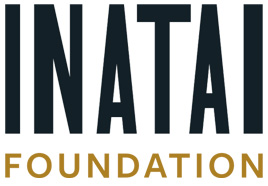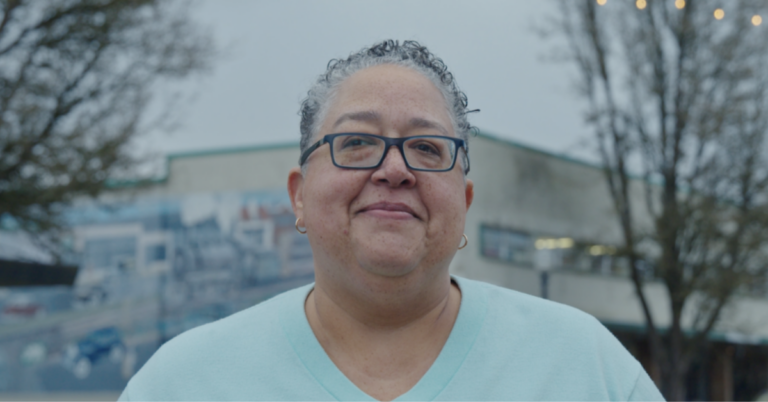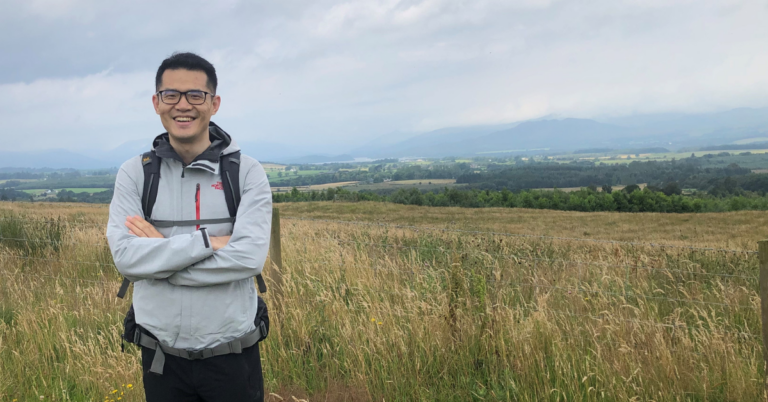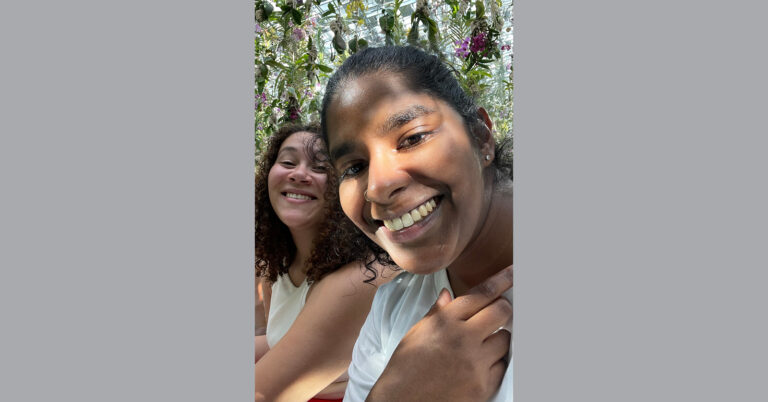Until Feb. 1, 2023, we were Group Health Foundation. This post was written under our former identity. To learn more about our new name, read our announcement here.
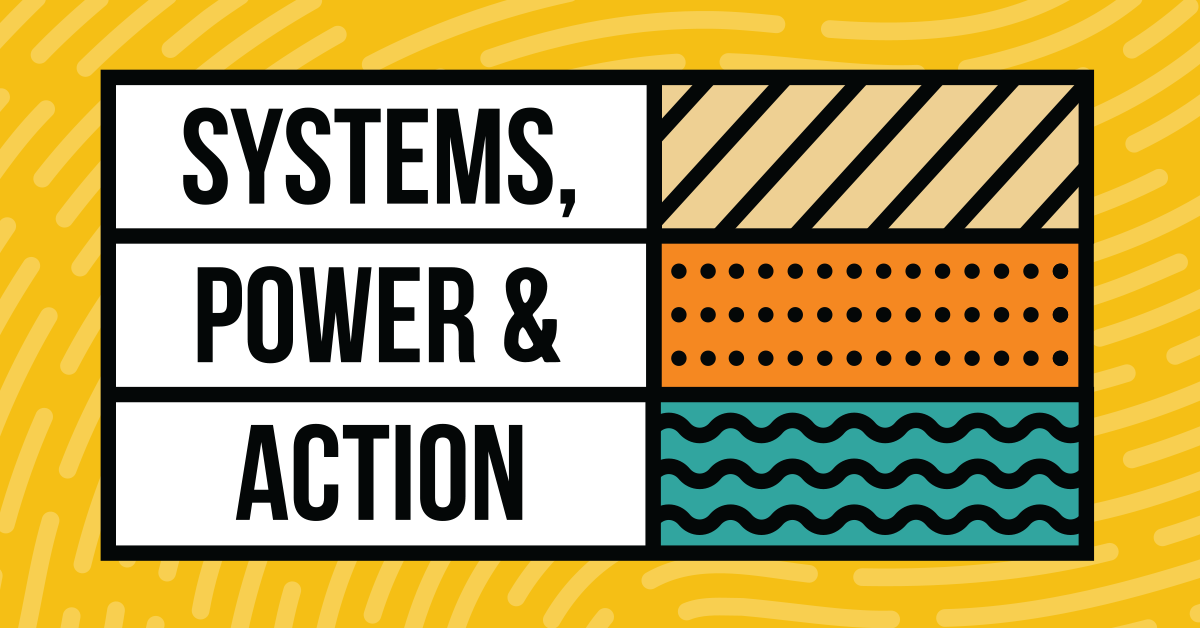
Group Health Foundation is honored to share the 25 recipients of more than $15 million in Systems, Power, and Action grants. Each organization will receive about $700,000 in flexible funding over the next three years in recognition of their advocacy and systems change work. Among the Foundation’s largest multiyear commitments to date, the grants are supporting organizations who are ensuring that public policy, public institutions, and public funding are accountable to communities throughout Washington State.
The work of recipients is diverse, but they share a common goal of creating a just and equitable future. The 25 organizations are mobilizing for fair housing, food sovereignty, mass liberation, and universal health care—and fighting for the civil rights of communities of color, transgender and gender non-conforming people, tenants, Muslim communities, families living with low incomes, farmworkers, people with disabilities, survivors of domestic violence, rural LGBTQ+ youth, and immigrants and refugees.
Some organizations will use the funding to nurture leaders in their communities. At least five have programs for Native, Black, Latinx, Pacific Islander, and Asian young people. One hosts a space for shared learning and peer mentorship between people-of-color nonprofit leaders. Many are working for reflective governments and inclusive legislative processes by preparing community members for civic engagement and leadership.
A few grant recipients started as nonprofits within the last few years, while others have longer histories. Some organizations are statewide, and more are focused on certain municipalities, counties, or communities. All have leaders who reflect the identities and experiences of the people they serve.
We’d like to thank the 25 organizations who candidly shared with us their aspirations. Our team is especially grateful for grant recipients who broadened our understanding of what “systems change” and “advocacy” can encompass. Social impact sector definitions too often rely on urban and state-level frameworks and minimize the expertise of organizations who provide direct services. These definitions also disadvantage work happening in places where progress is deemed “too difficult” because of their social and political contexts.
During one early conversation we asked an organization about their legislative priorities, to which they responded: Olympia feels very far away. What happens in the state capital takes a very long time to reach a community, they explained, and instead their focus is on changing the systems within their region. It was such conversations that encouraged us to expand how we approached this grant portfolio.
One of Group Health Foundation’s guiding principles is that the people who are closest to an issue are closest to the solution. This includes community members who are serving and working with their neighbors most adversely impacted by inequities. Grantees see firsthand how systems stand in the way of the health and well-being of communities. We hope that with the help of flexible funding, these organizations and their communities are better equipped to make the seismic changes they want to see.
The Systems, Power, and Action grant is the next step of our journey to forge relationships with community organizations and leaders throughout the diverse range of Washington communities. Many of these organization are new to us—some we have met in just the last year. Others are previous Community Learning Grants recipients or have received funding for events and convenings, pandemic response, and organizing for Black liberation.
We value each opportunity to learn more about an organization and are thankful for every community member who generously made time to meet with us over the last few years. Our understanding of Washington’s communities has only deepened, and our grantmaking has become all the better because of it.
Systems, Power, and Action Grant Recipients
| Organization | Description | Service area |
|---|---|---|
| American Indian Health Commission for Washington State | A tribally driven nonprofit organization with a mission of improving health outcomes for the 29 federally recognized tribes and two Urban Indian Health Organizations it supports and provides capacity for in Washington State. | Statewide |
| Asian Counseling and Referral Service | ACRS is a nationally recognized nonprofit organization working for social justice and leading a broad array of behavioral health programs, human services, and civic engagement activities for Asian Americans, Pacific Islanders and other communities in King County and beyond. | King, Pierce, and Snohomish counties |
| Byrd Barr Place | Culturally specific Black organization serving families and community in Seattle’s Central District since 1964. Currently reaching more than 15,000 residents with basic human services while advocating for structural changes to combat racism. | King County |
| CAIR Washington | As the largest Muslim civil rights and advocacy organization in the state, the Council on American-Islamic Relations of Washington works to protect and empower the local Muslim community through legal services, policy, and advocacy training and youth enrichment activities. | Clark and Cowlitz counties |
| Chaplains on the Harbor | Chaplains on the Harbor has long-term aspirations for their community: to end homelessness and poverty; heal from violence, trauma, and addiction; restore poor people’s access to land, space, and housing; build power among poor, homeless, and incarcerated people; and build a sustainable economy. | Grays Harbor County |
| Communities in Schools of Benton Franklin Counties | CISBF is a fierce advocate for K-12 students and families in 25 schools across four school districts in the Tri-Cities area. CISBF works within and beyond schools to ensure families of all backgrounds are increasingly represented in decision making about school policies, funding, services, and support for students and families. | Benton and Franklin counties |
| Community to Community | Fiscally sponsored, Latinx, grassroots base-building effort focused on food sovereignty as a key principle of migrant farmworker organizing. | Skagit and Whatcom counties |
| Comunidades | Fiscally sponsored Latino/a/x-led environmental and social justice organization in the Columbia River Gorge. Comunidades works to amplify voices for environmental and social justice, while increasing Latino/a/x engagement and leadership. | Klickitat and Skamania counties |
| Consejo Hispano | Latinx community organization focused on the equitable integration of Latinx community members into the broader social and economic fabric of the Lower Columbia community, including counties in both Oregon and Washington. | Pacific County |
| Disability Rights Washington | Disability Rights Washington pursues justice on matters related to human and legal rights and envisions an equitable society in which all people have meaningful opportunities to participate and are treated with equality, dignity, and respect. | Statewide |
| El Centro de la Raza | El Centro provides 43 culturally and linguistically integrative programs and services including emergency and human services, child and youth programs, financial education and asset building programs, housing and economic development programs, community organizing, and advocacy. | King County |
| Family Crisis Network | Family Crisis Network provides services and resources to victims of crime (including domestic violence and sexual assault) and individuals facing homelessness. They advocate with and alongside survivors and people experiencing homelessness for social change and accountable public policy that makes for a more welcoming community. | Pend Oreille County |
| Ingersoll Gender Center | Multiracial organization providing culturally competent wraparound services for transgender and gender diverse people in Washington. In addition to its education and community services, Ingersoll is a powerful advocacy force. | Statewide |
| La Casa Hogar | La Casa Hogar partners with Latina immigrant families to offer three core education programs as tools to support the community to reconnect with their individual and collective power, build self-confidence, celebrate resilience, and center those most impacted. | Yakima, Benton, and Franklin counties |
| Mariposa House / Forks Abuse Center | Western Olympic Peninsula organization supporting people who have experienced domestic violence, sexual assault, and other serious crimes by finding and providing them resources while engaging community to look at the root causes of harms through strong tribal partnerships and reflective leadership. | Jefferson County |
| Martin Luther King Jr. Family Outreach Center | The center’s mission is to improve the quality of life of children, youth, and families in Spokane through an array of culturally responsive social and educational services—all within the framework of Dr. Martin Luther King, Jr.’s vision of equal respect, treatment, and accessibility for all people. | Spokane |
| NAYA Action Fund | The NAYA Action Fund 501(c)(4) works to expand political advocacy and build electoral power in partnership with the Native community in Vancouver and Clark counties. This work is an extension of ongoing social, political, and community wide work. | Clark County |
| NATIVE Project | Native-led and Native-focused comprehensive urban Indian clinic in Spokane with a focus on both spiritual and physical well-being for its diverse (urban and local reservation) clientele. | Spokane |
| Northwest Immigrant Rights Project | Northwest Immigrant Rights Project’s mission is to defend and advance the right of immigrants through direct legal services, community education, and systemic advocacy. | Statewide |
| Tacoma Urban League | The Tacoma Urban League advocates for social equality and economic independence. Their programs are designed to empower Black youth and their families to ensure that they get access to resources that will enable them to be successful as it relates to achieving their goals. | Pierce County |
| Tenants Union | Statewide organization working toward housing justice through empowerment-based education, outreach, leadership development, organizing, and advocacy. | Statewide, with focus in the Puget Sound region |
| Urban League of Metropolitan Seattle | ULMS empowers African Americans, as well as other diverse underserved communities to thrive. They provide advocacy, direct programming, community outreach, and coalition building across five focus areas: housing, education, workforce development, health, and policy. | Seattle and King County |
| Washington Immigrant Solidarity Network (WAISN) | A grassroots coalition made up of over 250 immigrant and refugee rights organizations, individuals, service providers, labor unions, and faith communities in over 26 counties to protect and advance the power of immigrant and refugee communities. | Statewide |
| Washington Community Action Network | Multiracial organizing, advocacy, and economic justice organization primarily operating in King, Snohomish, and Pierce counties. Building independent political power alongside its 44,000 members with roots in every county in Washington State. | King, Pierce, and Snohomish counties |
| YES of Pend Oreille | YES serves homeless and at-risk youth through case management, food assistance, and clothing assistance. The organization conducts advocacy and leadership development programs that support young people, with a special focus on serving youth who identify as lesbian, gay, bisexual, transgender, and gender non-conforming. | Pend Oreille County |
